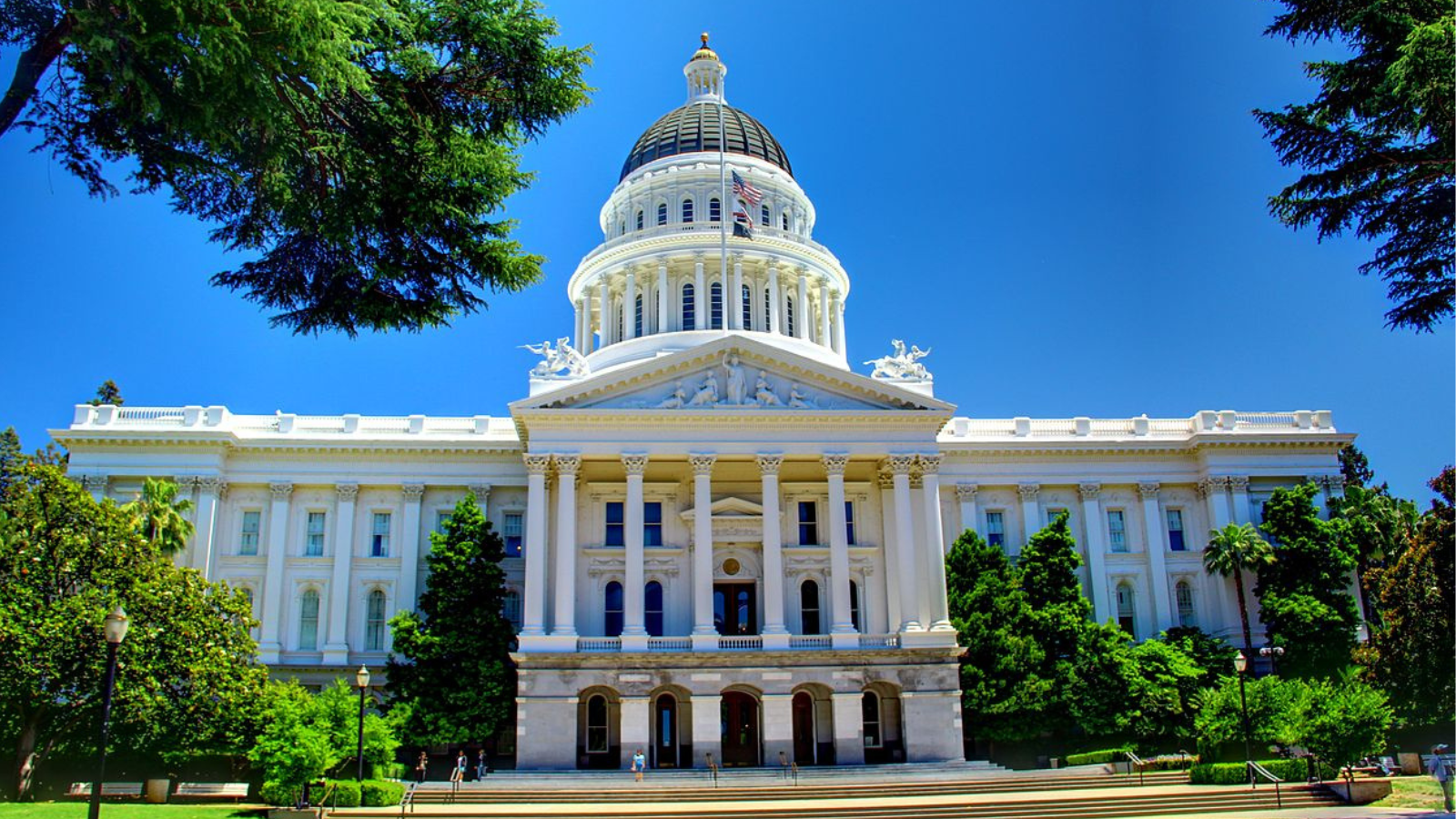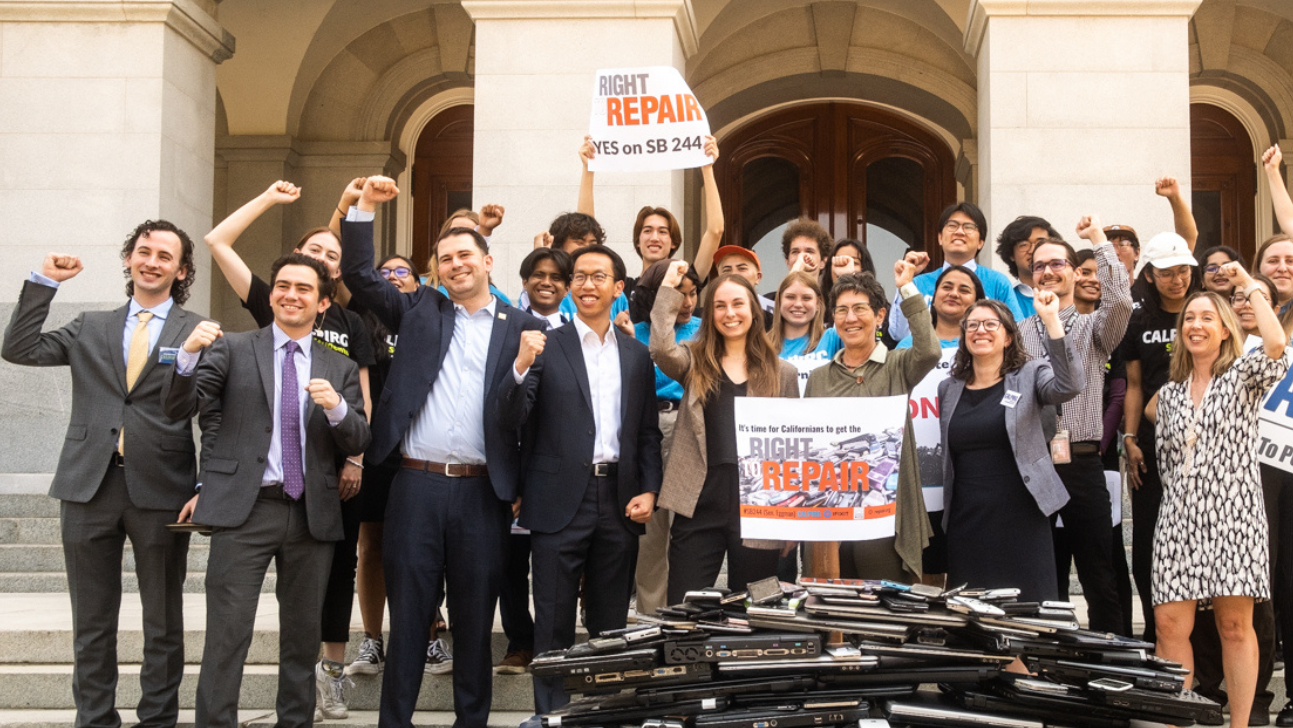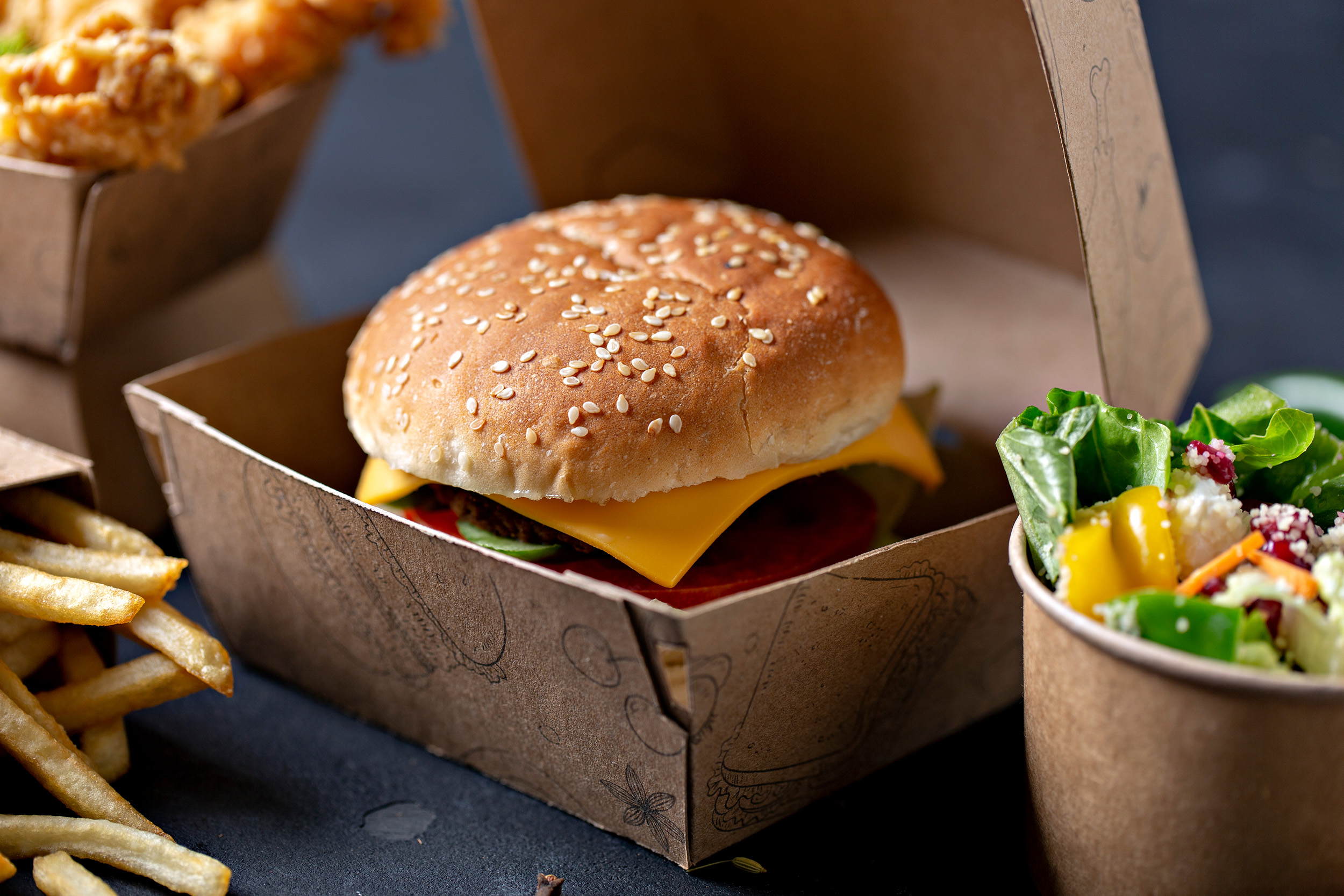
New laws to be implemented in 2024
As we ring in 2024, California will enact a number of new laws that impact all of us. Below are notable laws that go into effect January 1st that CALPIRG helped pass.
Reducing plastic pollution
To reduce the plastic pollution littering our communities and harming our environment, we need to recycle what we can, but more importantly we need to reduce the amount of plastic we produce in the first place and move away from unnecessary single-use plastic like plastic bags and excessive packaging. However, shifting the market away from plastic is hard when consumers don’t have good information about whether or not the products they are using are recyclable and getting recycled. It’s impossible for consumers to reward good actors and avoid unnecessary waste when they’re being duped by the plastic industry. This year, new laws go into effect that will require manufacturers and regulators to be more truthful about recycling.
SB 343 (Allen, 2021) Truth in recycling labeling
Consumers have the right to know if the products they are using are recyclable or not. However, many plastic manufacturers have been overusing the recycling symbol to make their products seem sustainable even if they’re not. SB 343 will prohibit manufactures from using the chasing arrows recycling symbol on products unless it is actually recyclable in the state.
AB 881 (Lorena Gonzalez, 2021) Exporting plastic waste
Currently, when we put plastic in our blue bins to be recycled, it can be sent to other countries to be disposed of. That’s a problem because our regulators don’t have jurisdiction outside of the U.S., so it’s hard to know if exported plastic is actually getting recycled. It’s likely that plastic is dumped in landfills or burned in incinerators. Sending our plastic to other countries to deal with shouldn’t count as recycling. AB 881 reclassifies exported plastic as disposal so only true recycling can count toward our statewide recycling goals.
Protecting consumers
AB 716 (Boerner, 2023) Prohibiting surprise ambulance bills
When patients call 911, they have no control over which ground ambulance company takes them to the hospital. That means many ambulance rides result in a large out-of-network surprise medical bill, which can be thousands of dollars. No one in a medical emergency should hesitate to call 911 for fear of a large out-of-network ambulance bill, and they definitely don’t have time to consult a network directory to make sure the ambulance they call is covered by their health plan. AB 716 will prohibit surprise ambulance bills, so Californians can be sure that protecting their physical health isn’t so detrimental to their financial health.
Cleaner air
Air pollution is harming the health of millions of Californians, but key actions can clean up our air and protect our wellbeing. This year, several new laws and regulations go into effect that will reduce harmful fossil fuel emissions from entering our air.
AB 1346 (Berman, 2021) Gas-powered lawn equipment
Starting in January, California will ban the sale of gas-powered small off-road engines, many of which are used in lawn equipment like gas-powered mowers and leaf blowers.
Advanced Clean Trucks Rule
Also starting in January, all new drayage trucks (those used for transporting cargo from ports and railways) will need to be zero-emission.
Advanced Clean Fleet Rule
Finally, starting in 2024 state and local government fleets will be required to ensure 50% of vehicle purchases are zero-emission, with 100% of vehicle purchases being zero-emission by 2027.
Zeroing out toxic chemicals
AB 2208 (Kalra, 2022) Toxic fluorescent light bulbs
Fluorescent light bulbs are a common sight in offices, garages, and basements—but they contain toxic mercury and are incredibly inefficient compared to newer alternatives, like LEDs. Starting in January, California will ban the sale of mercury-containing compact fluorescent light bulbs. The state will also prohibit linear fluorescent and pin-based compact fluorescent lamp sales starting in 2025
AB 899 (2023, Muratsuchi) Testing for heavy metals in baby food
No parent would knowingly give their baby food that could put their health at risk. However, according to an alarming congressional report released in 2021, popular baby food companies Gerber, Beech-Nut Nutrition Company, Nurture, Inc., and Hain Celestial Group knowingly sold products containing significant amounts of toxic heavy metals. AB 899 will require baby food companies to test their products for heavy metals including arsenic, cadmium, lead, and mercury, to ensure the public knows if the food they give their babies is safe.
AB 1200 (2021, Ting) PFAS in cookware
PFAS, or per- and polyfluoroalkyl substances, are a class of thousands of chemicals found in food packaging, cookware, and other household products. Research has linked PFAS to serious health risks, including liver damage, birth defects and cancer. Starting in January, the Safer Food Packaging and Cookware Act, AB 1200 requires manufacturers of cookware to disclose if PFAS was added to their products. Another provision of the law that banned the use of toxic PFAS in paper food packaging already went into effect in January 2023.
Topics
Authors
Jenn Engstrom
State Director, CALPIRG
Jenn directs CALPIRG’s advocacy efforts, and is a leading voice in Sacramento and across the state on protecting public health, consumer protections and defending our democracy. Jenn has served on the CALPIRG board for the past two years before stepping into her current role. Most recently, as the deputy national director for the Student PIRGs, she helped run our national effort to mobilize hundreds of thousands of students to vote. She led CALPIRG’s organizing team for years and managed our citizen outreach offices across the state, running campaigns to ban single-use plastic bags, stop the overuse of antibiotics, and go 100% renewable energy. Jenn lives in Los Angeles, where she enjoys spending time at the beach and visiting the many amazing restaurants in her city.
Find Out More

2024 Program Agenda

Eight legislative victories every Californian should know about

Looking back on 2023 – Highlights from the past year
